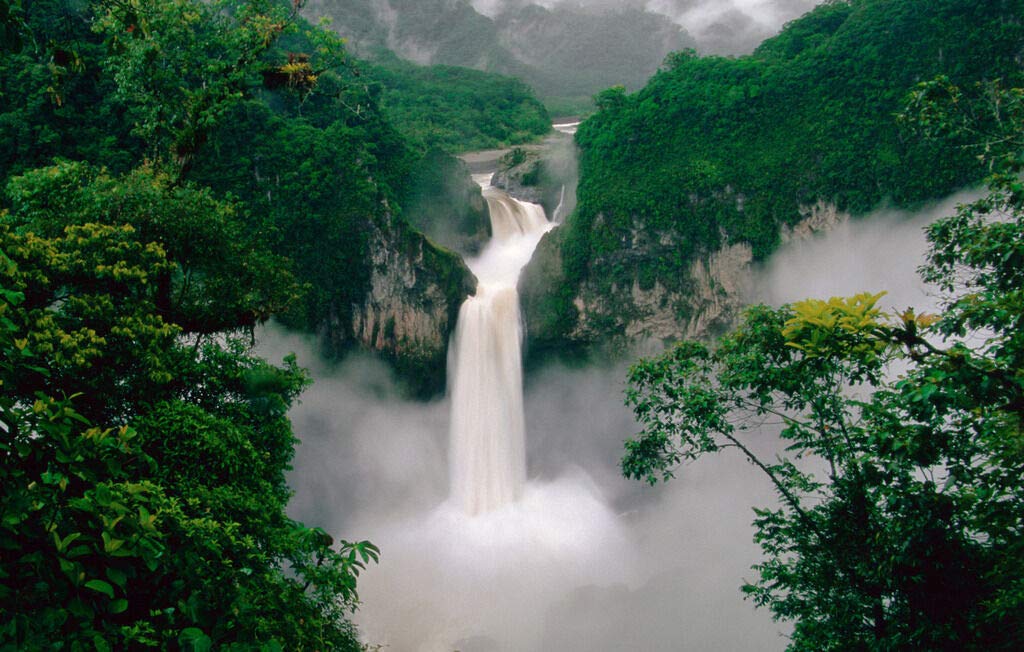Ecosystem of the Rainforest:
- Lush Canopy: Rainforests have a multi-layered structure, with a dense canopy of tall trees that shades the forest floor. This canopy often blocks up to 95% of sunlight from reaching the ground.
- Biodiversity: Rainforests are the most biodiverse ecosystems on Earth. They contain millions of species, many of which are yet to be discovered and documented.
- Climate Regulator: Rainforests help regulate global climate by absorbing carbon dioxide and releasing oxygen. They are often referred to as the "lungs of the Earth."
- Water Purification: These ecosystems also play a critical role in purifying water, filtering out impurities and helping to maintain freshwater sources.
Diverse Rainforest Wildlife:
- Primates: Rainforests are home to diverse primate species, including chimpanzees, orangutans, and a variety of monkeys.
- Big Cats: Jaguars, leopards, and tigers are among the large carnivores found in rainforests.
- Colorful Birds: The Amazon Rainforest, for instance, hosts around 1,300 bird species, including macaws and toucans.
- Exotic Reptiles and Amphibians: The rainforest is home to an array of unique reptiles and amphibians, such as poison dart frogs and chameleons.
- Insects and Invertebrates: Many of the world's most unusual and colorful insects, like butterflies and beetles, call the rainforest home.
- Plant Diversity: Beyond wildlife, rainforests harbor an astonishing variety of plant species, many of which have potential medicinal and economic value.
Importance of Protecting Rainforests:
- Biodiversity: Rainforests contain a treasure trove of biodiversity, and their loss could lead to countless extinctions.
- Carbon Sink: Rainforests absorb vast amounts of carbon dioxide, helping mitigate climate change.
- Freshwater Source: They are critical for maintaining the world's freshwater supply by purifying and regulating water flow.
- Medicinal Resources: Many rainforest plants are sources of potential medicines, offering cures for diseases and ailments.
- Indigenous Cultures: Rainforests are home to indigenous peoples whose way of life and culture are intricately connected to these ecosystems.
Despite their ecological and cultural significance, rainforests are under constant threat from deforestation, illegal logging, agriculture, and infrastructure development. Protecting these critical environments is a global imperative. Conservation efforts involve establishing national parks and protected areas, supporting sustainable agriculture and logging practices, and raising awareness about the importance of rainforests.
Preserving the wonders of the rainforest is not only an environmental necessity but also a testament to our commitment to the planet's health and the diverse life forms that inhabit these invaluable ecosystems. Their protection is essential for the well-being of future generations and the health of our planet as a whole.




Comments (0)